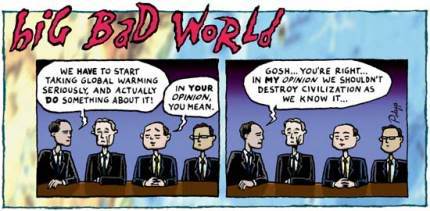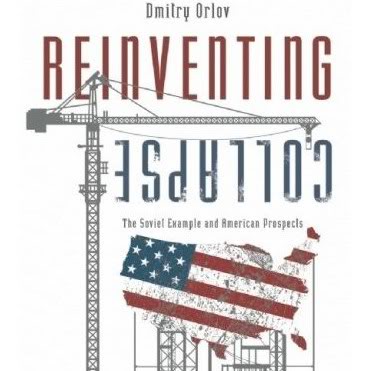
by Shaun Chamberlin | Aug 17, 2008 | All Posts, Climate Change, Peak Oil, Politics, TEQs (Tradable Energy Quotas)
Last month I attended an Institute for Public Policy Research (IPPR) meeting called to announce their latest research into personal carbon allowances. Polly Toynbee was invited to chair the meeting, and was clearly impressed with what she heard as she has now written...

by Shaun Chamberlin | Jul 29, 2008 | All Posts, TEQs (Tradable Energy Quotas)
I am honoured to have been shortlisted for this year’s Sheila McKechnie Foundation Environmental Campaigner Award, for my work on TEQs.…

by Shaun Chamberlin | Jul 2, 2008 | All Posts, Climate Change, Politics, TEQs (Tradable Energy Quotas)
My mother pointed out to me that on Saturday Colin Challen MP, Chair of the UK Government’s All Party Parliamentary Climate Change Group, had a letter published in the Guardian. After numerous other eminently sensible suggestions about how the Government should...

by Shaun Chamberlin | Jun 29, 2008 | All Posts, Climate Change, Cultural stories, Favourite posts, Peak Oil, Philosophy, Reviews and recommendations, TEQs (Tradable Energy Quotas), Transition Movement
As George Carlin once said, “they call it the American dream because you have to be asleep to believe in it”. At the risk of this blog becoming ‘review corner’, that seems the perfect introduction to the book I just finished reading — Dmitry...

by Shaun Chamberlin | Jun 8, 2008 | All Posts, Climate Change, Cultural stories, Favourite posts, Peak Oil, Politics, TEQs (Tradable Energy Quotas)
In the climate policy community there is a growing debate between advocates of ‘upstream’ and ‘downstream’ carbon caps (dams?). The terms draw an analogy between the flow of water in a stream and the flow of energy through an economy....

by Shaun Chamberlin | Jun 7, 2008 | All Posts, Climate Change, Favourite posts, Politics, TEQs (Tradable Energy Quotas)
Last week Mark Lynas wrote an article for the New Statesman in which he surprisingly argued against carbon rationing. As he acknowledges, this is a complete reversal from his earlier article in which he argued for it in the strongest of terms. Unfortunately, I believe...








Recent Comments